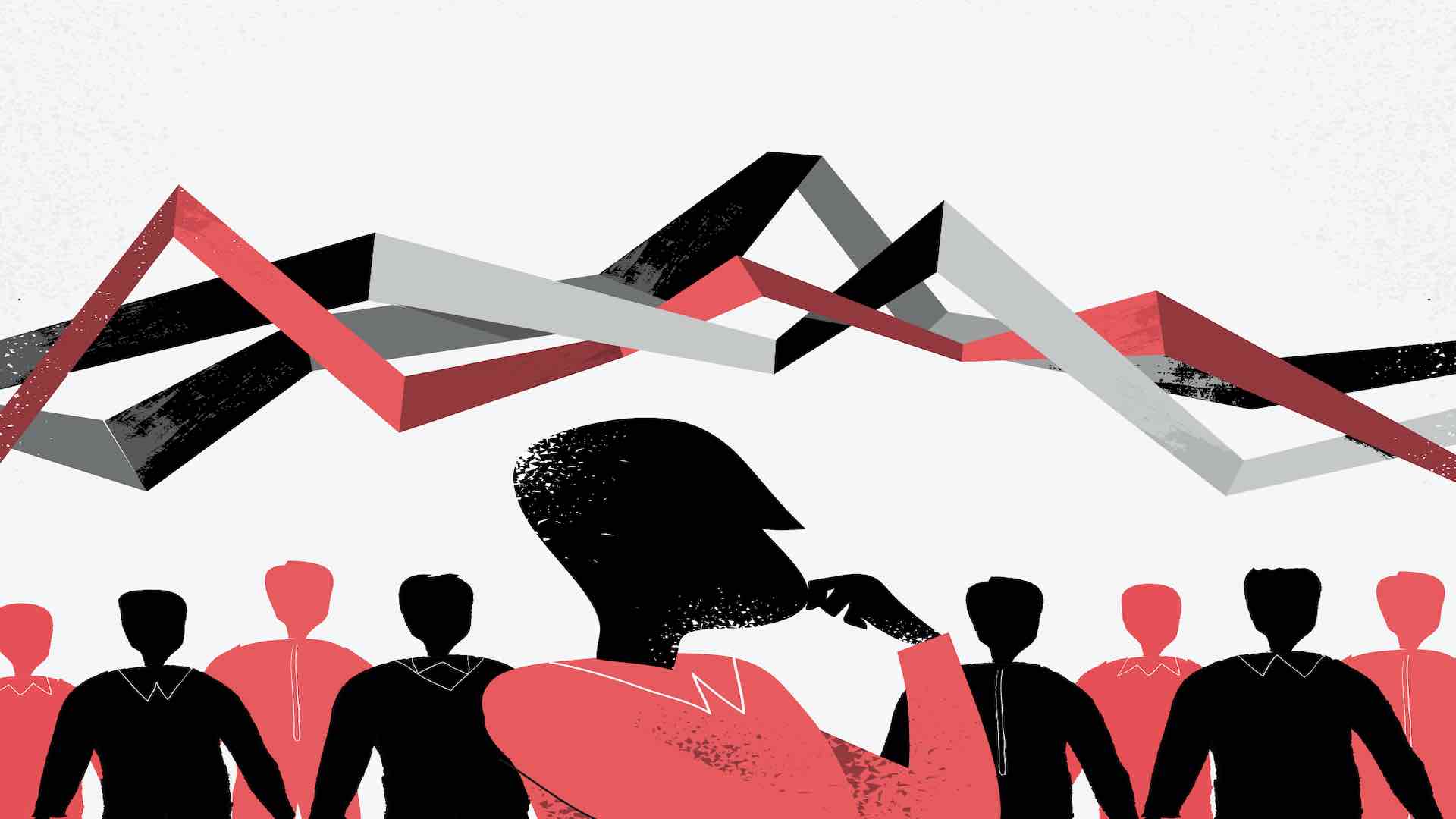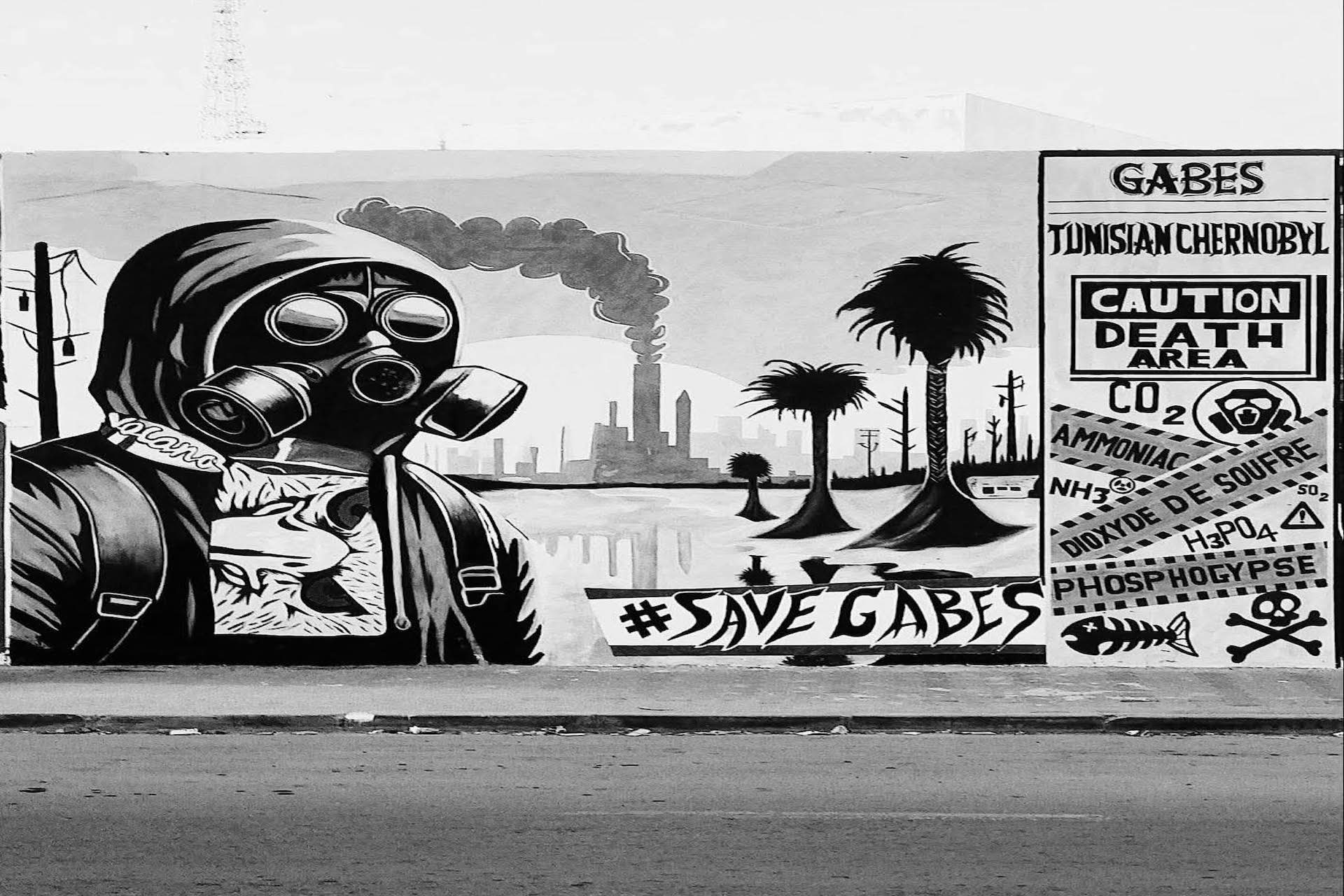Cross-Border Tunisian TikTok Streams: Political, Financial, and Regulatory Challenges
Cross-border Tunisian TikTok streams carry risks of political lobbying, financial fraud, and regulatory gaps. TikTox Tunisia investigates these challenges in the diaspora streaming ecosystem.
Introduction
Tunisian TikTok streamers living across Europe—especially in France, Germany, and Belgium—are rapidly gaining influence within the diaspora community. Their content ranges from entertainment and cultural commentary to gaming and political discussions. While these streams connect the diaspora and provide financial opportunities, they also expose creators to complex financial, legal, and ethical risks.
The digital ecosystem allows streamers to earn via gifts, donations, sponsorships, and affiliate programs. Yet, cross-border flows of money and influence create vulnerabilities: tax evasion, fraudulent schemes, money laundering, and political lobbying all threaten the integrity of the platform and its users. This article examines these risks and offers practical recommendations to strengthen accountability.
1. The Growth of Cross-Border Streaming
Tunisian streamers in Europe have leveraged diaspora networks to reach large audiences. Cities with dense Tunisian populations, such as Paris, Berlin, and Brussels, serve as key hubs for live broadcasts. Streamers often employ bilingual content and incorporate European cultural references, widening their reach.
This popularity attracts financial support from fans, including virtual gifts and sponsorships, as well as attention from political actors. While monetization is a major motivator, it also opens doors to misuse.
2. Monetization Flows and Tax Challenges
Cross-border income from TikTok is complicated by multiple payment channels:
- Virtual gifts converted into diamonds and cashed out via PayPal or crypto wallets.
- Sponsorships and product promotions negotiated directly with brands.
- Affiliate marketing embedded in streaming content.
Many streamers fail to declare these revenues, either due to lack of awareness or fear of legal exposure. European tax authorities and Tunisian regulators struggle to track income originating in one jurisdiction and spent or withdrawn in another, leaving a significant shadow economy.
3. Legal vs. Undocumented Residence
Residence status affects both exposure and vulnerability:
- Legal residents are liable for tax declarations in their country of residence. Failure to comply can result in audits, fines, or account suspensions.
- Undocumented streamers operate under precarious conditions, avoiding financial declarations for fear of deportation or detection. This status also makes them more susceptible to exploitation or coercion by criminal actors.
Both groups must navigate the same financial and political pressures, but with different levels of protection and risk.
4. Fraud and Money Laundering Risks
Cross-border streams create an opportunity for fraud and laundering schemes. Criminal networks can exploit virtual gifts to move money internationally:
- Illegitimate coins are sent to a streamer, then cashed out as legitimate income.
- Streamers may be unknowingly involved, particularly if they rely on agents or managers for financial transactions.
- High-volume accounts make detection difficult, providing cover for illicit financial flows.
These activities not only endanger the streamer but also compromise the credibility of the digital platform and the broader diaspora community.
5. Political Influence and Lobbying
Influencers with large audiences can be targeted to promote political narratives. Diaspora streams may include subtle messaging supporting parties, lobbying groups, or policy agendas in Tunisia.
Without clear disclosure, audiences cannot differentiate entertainment content from political influence. Creators risk damaging their reputation, while political actors exploit the trust and reach of diaspora streamers to shape opinions abroad and in Tunisia.
6. Content Moderation and Ethical Risks
Live streams frequently include discussions of migration, culture, or Tunisian politics. Heated debates can escalate into:
- Hate speech or harassment
- Exploitation of vulnerable viewers
- Spread of misinformation
Moderation is often insufficient, and creators lack guidance on managing politically or emotionally sensitive topics. This gap leaves both streamers and audiences at risk.
7. Regulatory Gaps
European regulators have begun implementing frameworks like the Digital Services Act, but monitoring cross-border digital earnings and political influence remains challenging. Tunisia’s oversight is even more limited, leaving a regulatory vacuum where cross-border financial flows and influence operations can occur with minimal scrutiny.
Without cooperation between European and Tunisian authorities, risks remain unchecked, including:
- Undeclared income and tax evasion
- Money laundering through virtual gifts
- Political lobbying disguised as entertainment
8. Recommendations and Best Practices
TikTox Tunisia advises the following measures:
- Creators: declare all income, verify sponsors, maintain political neutrality, and educate audiences on responsible engagement.
- Platforms: strengthen monitoring of virtual gifts and donations, enforce ethical content standards, and flag suspicious transactions.
- Authorities: improve cross-border cooperation and track digital earnings while enforcing anti-laundering measures.
- Audiences: support transparent creators and remain critical of potential political or financial manipulation.
A combined effort from creators, platforms, regulators, and viewers is essential to preserve trust and prevent exploitation.
Conclusion
Cross-border Tunisian TikTok streams represent creativity, connection, and financial opportunity, but they also carry substantial risks. Tax evasion, money laundering, political lobbying, and toxic content threaten the diaspora ecosystem. TikTox Tunisia continues to monitor these challenges, advocating for transparency, accountability, and ethical streaming among Tunisian influencers abroad.
Call to Action
👉 Follow TikToxTunisia.com for investigations into financial fraud, political influence, and streaming risks within the diaspora community. Stay informed and support safe, transparent digital spaces.













